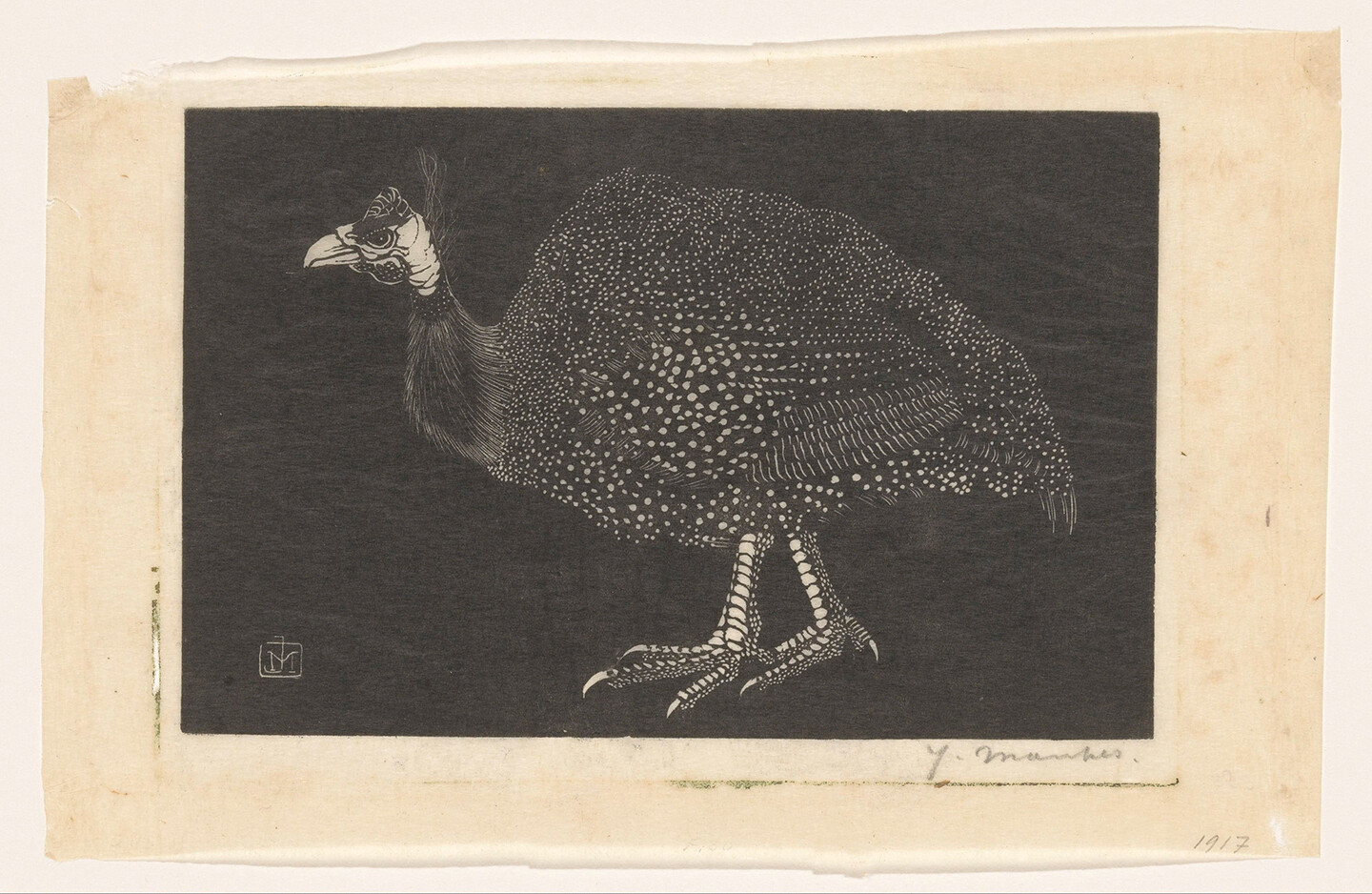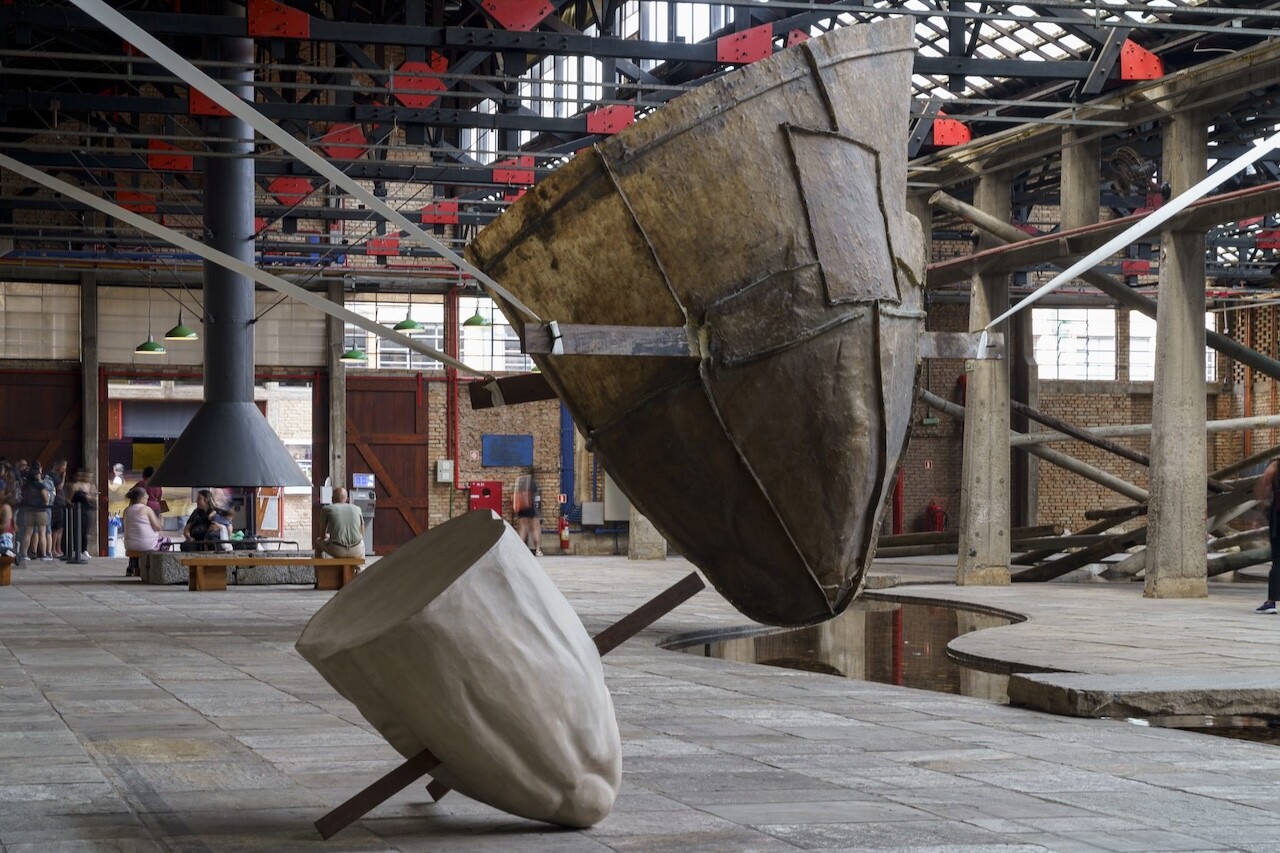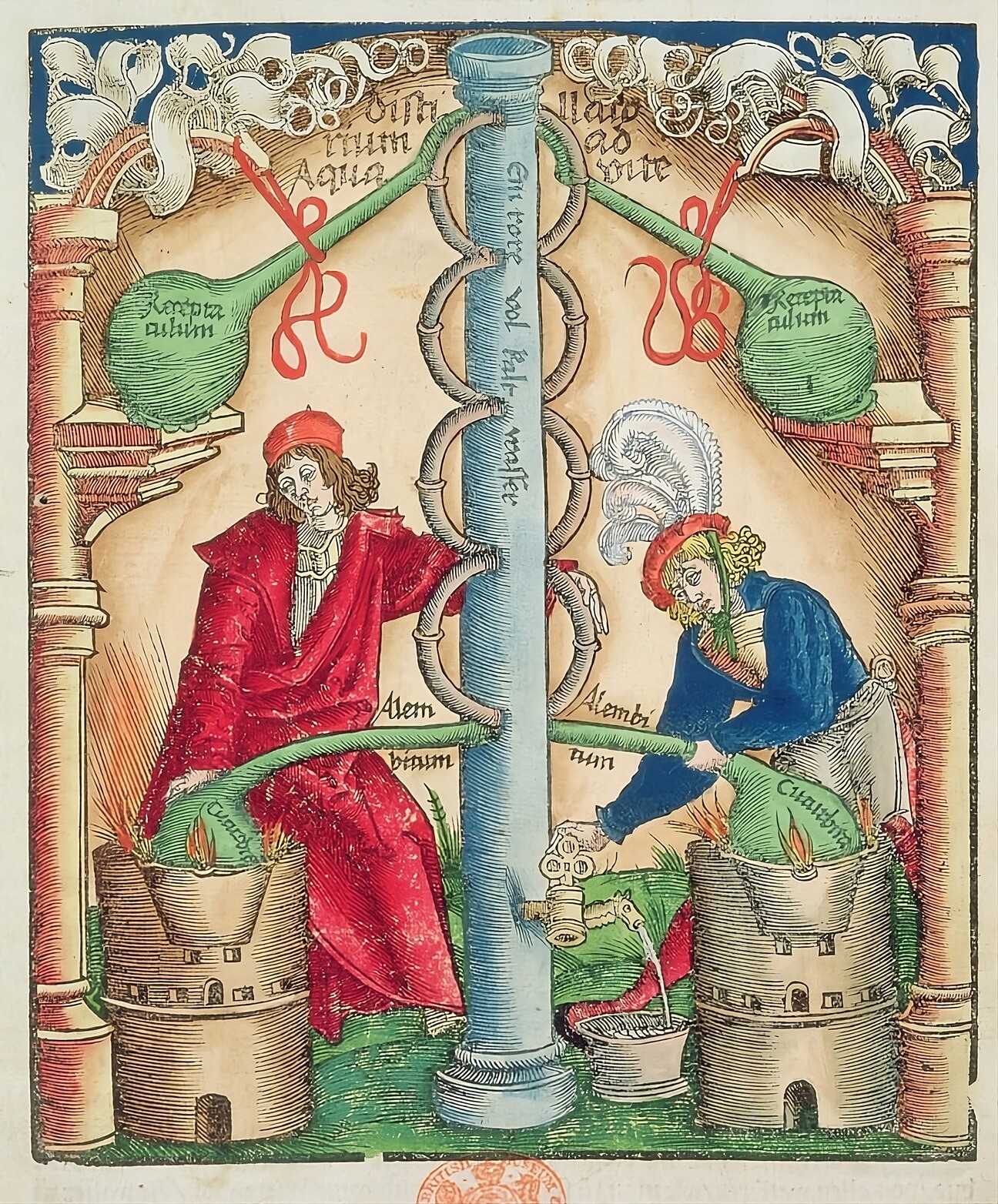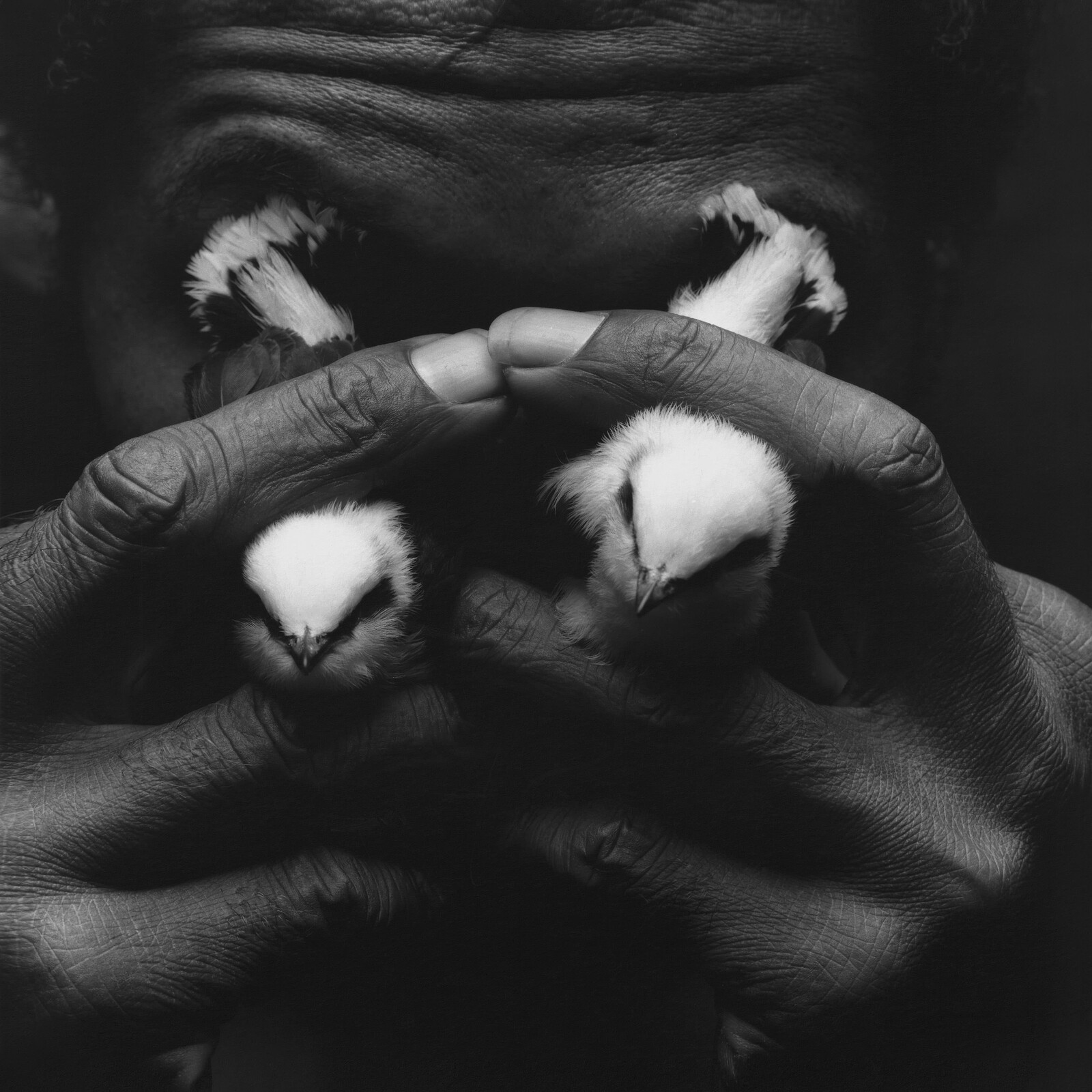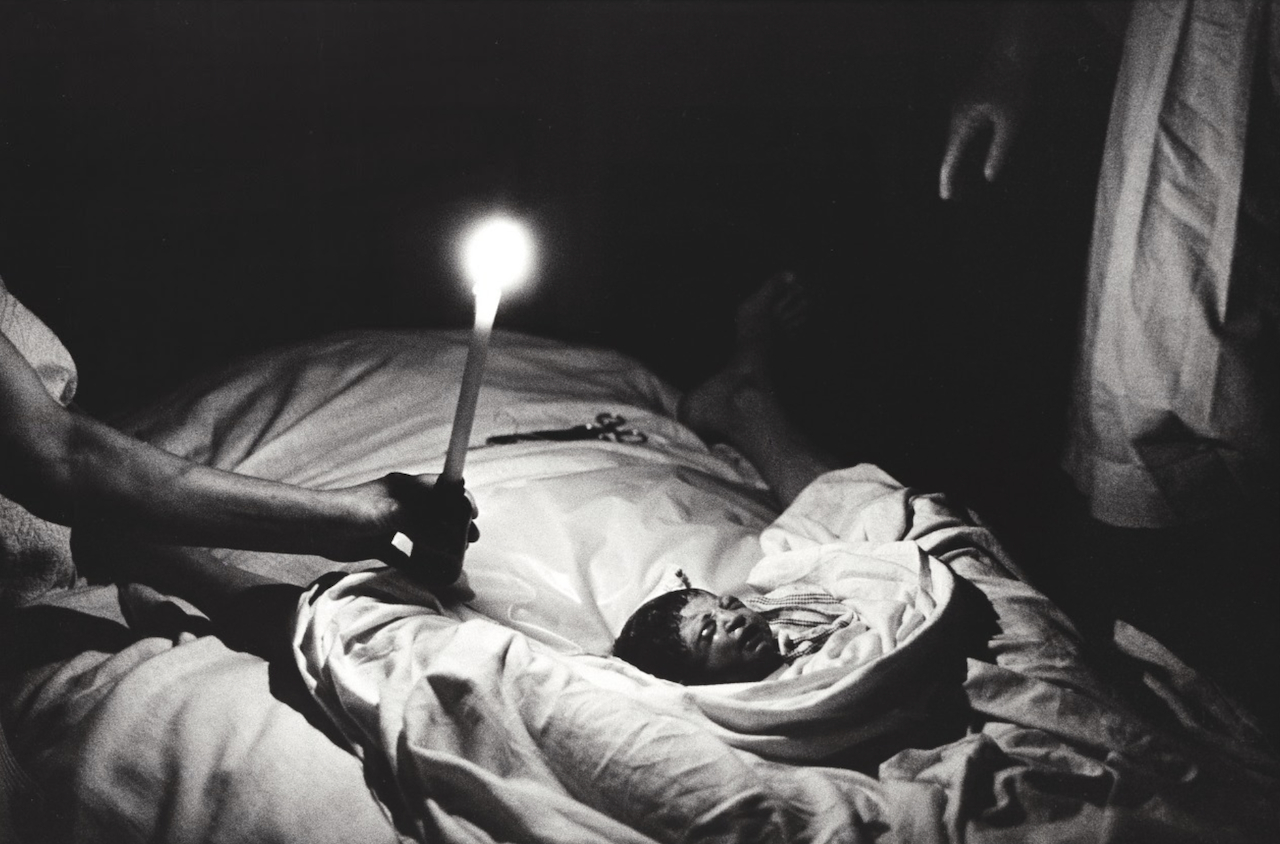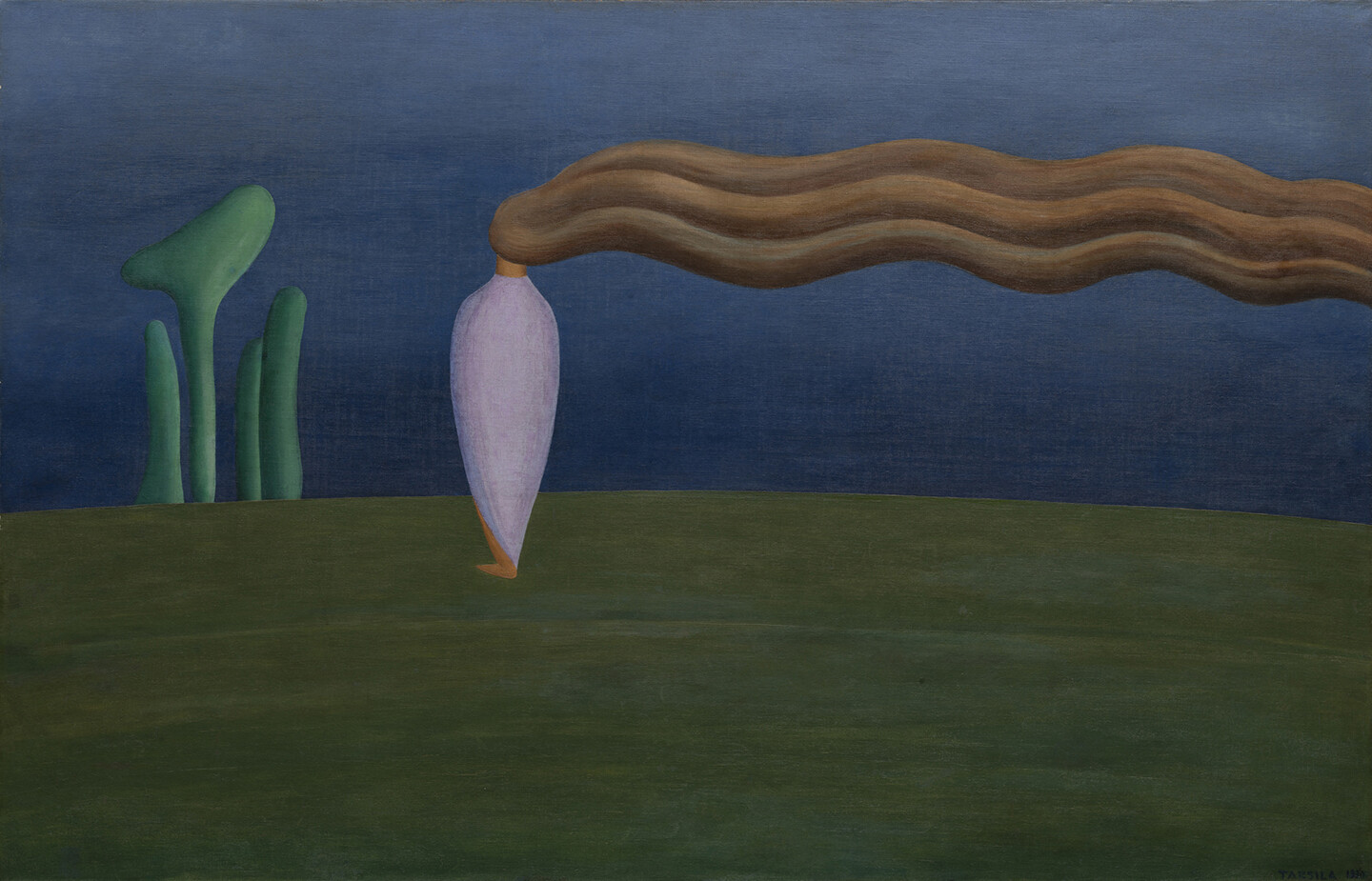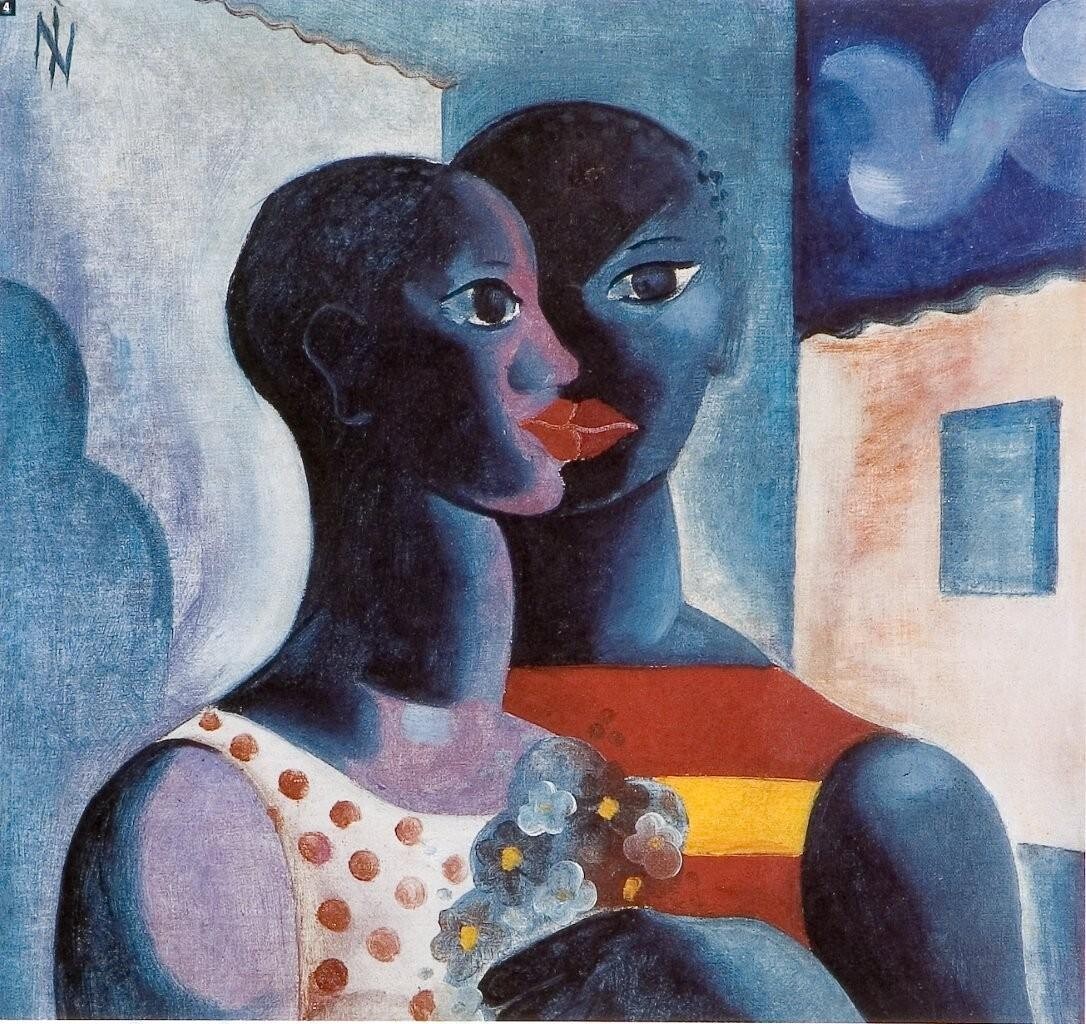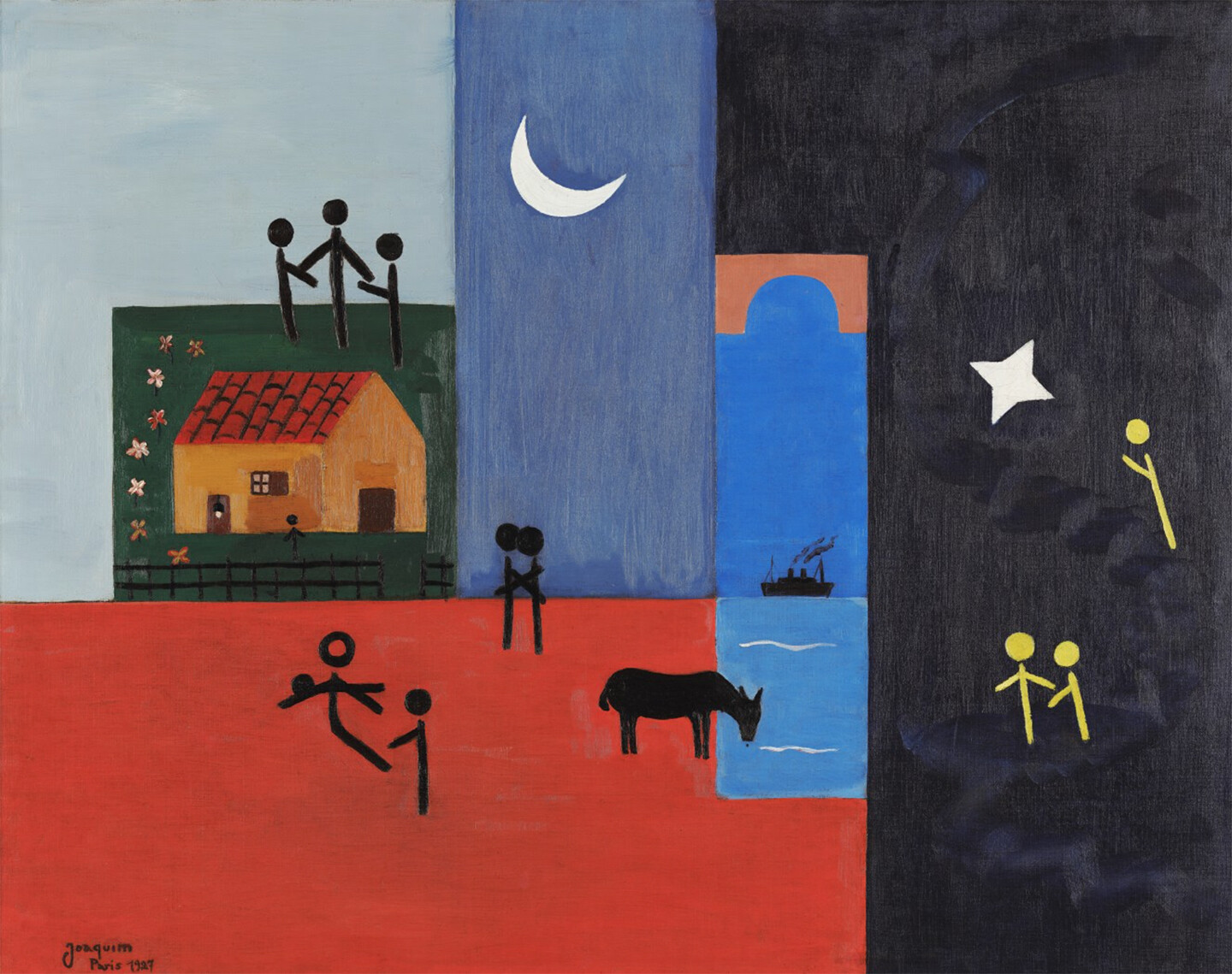The guinea fowl opens across all times, traveling through infinite spaces, emptying and filling itself with many nows of tomorrow and yesterday. It is a vessel and a chart in the unfathomable darkness of the present. On its wings are the stars of galaxies, the lights of UFOs, pores of a shared body stripped of death. Its wings hold what was lost and shattered, resisting the line or the closure in a curve. In this curve, time doesn’t arrive solely as doom; it can take the form of a spiraled prayer, a music-mosaic, a dispersed fragment reaching for the wind, the waves, the prompt ears that still don’t exist to hear—trance, trance, trance.
Even if images today are flexible and manipulated, and even if passive spectacle is over and we have all become producers of images, we are always reacting against already established image-myths, and suspicion, revolts, and fragmentations only actualize their exhausted bones. But rather than attempt a media theory, here I still write to merely answer the question: Who pierced the eyes of Assum Preto?
It is only possible to speak of independence, beyond a political or economic gesture, when it is revealed that the only common experience is the denial of experience—the end of experience, where one can no longer navigate, where separation and mystery are retained, and a sovereignty of each self is assured even if only as an instant, a space, or a way of life.
Brazilian authority becomes trapped in producing potlatch after potlatch, transforming its legitimacy into a promise while constantly governing in the name of the exception, in the hope of consumption and expenditure, of enjoying a sacrifice so extraordinary as to erase its spurious and deficient character. It is this debt that allows the colonizer to coexist with the settler insofar as the colonizer can continue to explore, consume, and enjoy through the potlatch, and the settler can see in the colonizer’s enjoyment and expenditure the future birth of law and name. And yet, this birth is always postponed because the authority is burned, inevitably consuming itself in the fire of expenditure, from which the farce of hope and name must be restored with new clothes.
There is a light hovering over the end of the world, only visible at the very edge of the world. A torturous cross rather than fire or flame, this light hurts more in its distance than its encounter—already impossible without a name for summoning it. This light is conjured within the blindness of the night’s currents, a night that dresses the castaways of Iberian galleons as stars. This light is not a guide, though at the end of the world, it was prone to misuse, whether as astrolabe or compass.
